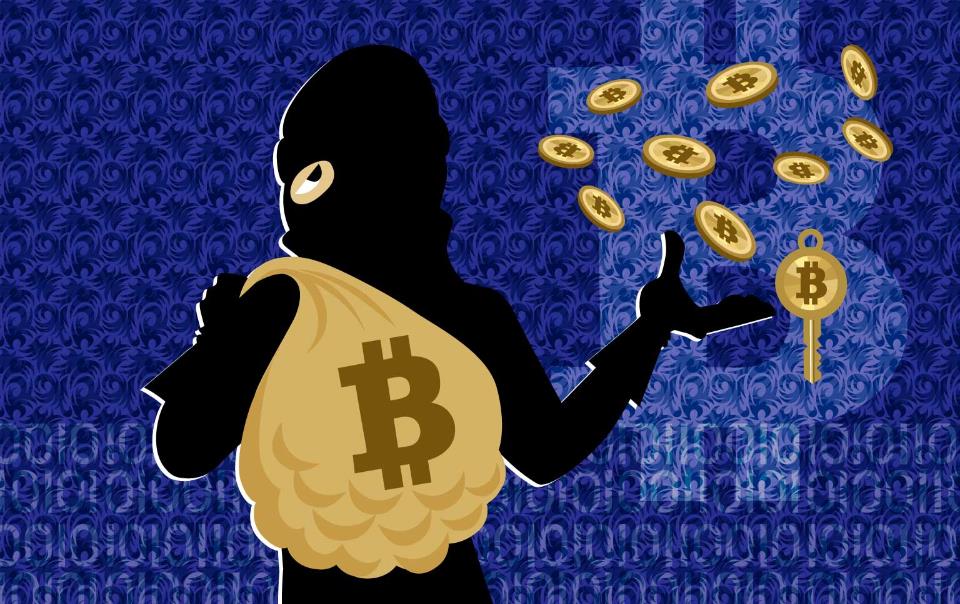In a shocking turn of events, an unknown group of hackers has successfully breached the cybersecurity of a major automaker and is now demanding $2 million in bitcoin BTC -3.47% in exchange for not releasing sensitive company information.
The automaker, which has not yet been named, has stated that they are working closely with law enforcement and cybersecurity experts to resolve the situation as quickly and efficiently as possible. However, they have not yet revealed whether they plan to pay the ransom.
Cyber Attack Details
According to sources close to the situation, the hackers were able to gain access to the company’s system through a phishing attack. This type of attack involves sending a seemingly legitimate email to an employee, which contains a link or attachment that, when clicked, installs malware onto the victim’s computer.
Once the malware was installed, the hackers were able to infiltrate the company’s system and gain access to a wealth of sensitive information, including financial records and trade secrets. They then sent a message to the automaker threatening to release this information unless they received the ransom payment.
Impact on the Automaker
The effects of this cyber attack are already being felt by the automaker, as the company has suspended all online activity and is urging customers to refrain from conducting any transactions through their website until the issue is resolved.
The company’s stock price has also taken a hit, with shares dropping nearly 10% in the wake of the news. This is a significant blow to the automaker, which has already been struggling due to the impact of the COVID-19 pandemic on the automotive industry.
Experts Weigh In
Cybersecurity experts are calling this a worrying trend, as the number of ransomware attacks on companies has been on the rise in recent years. These attacks can have devastating consequences for businesses, as the ransom payments often only serve to encourage more attacks in the future.
Many experts are urging companies to prioritize cybersecurity and invest in stronger measures to protect themselves from these types of attacks. This includes educating employees on how to spot and avoid phishing attempts and regularly updating software and security systems.






